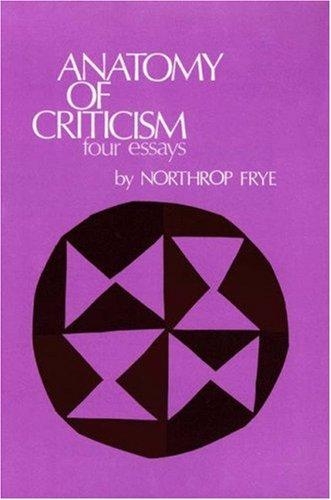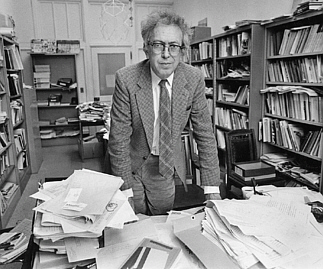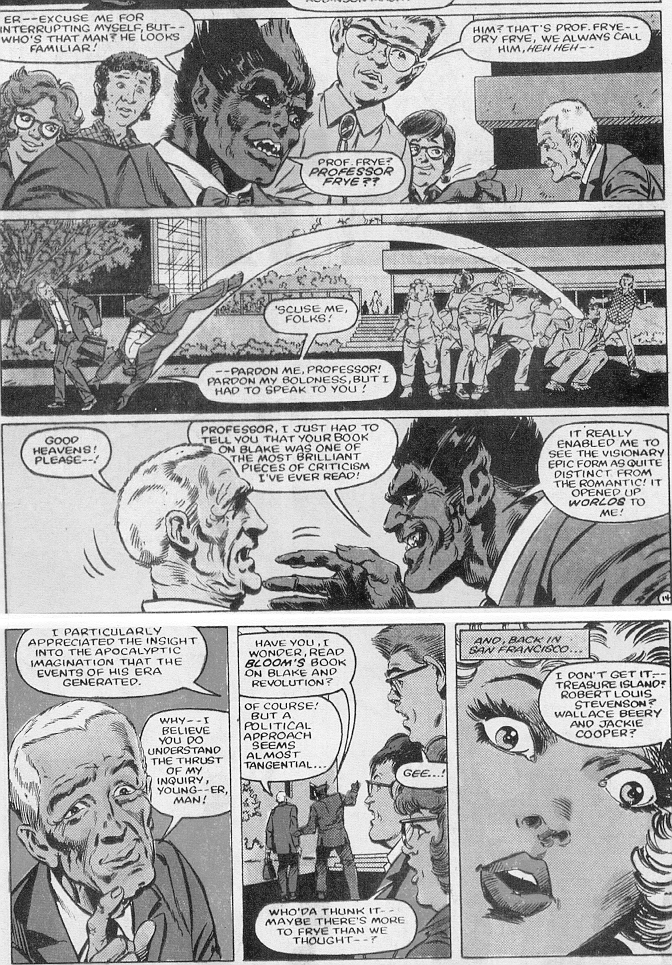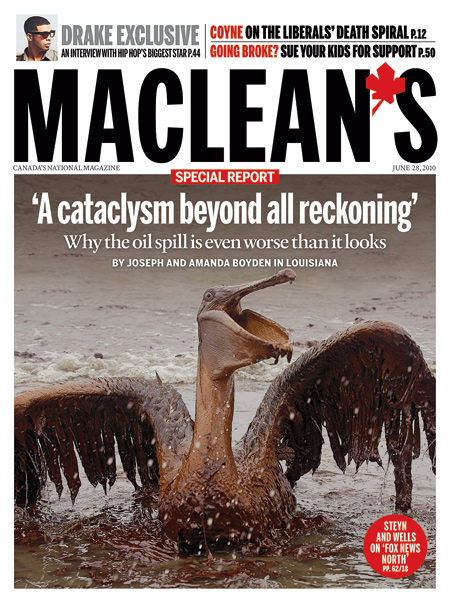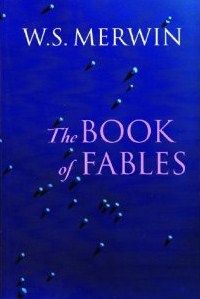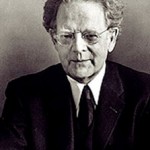It’s a commercial website, but it is offering a brief chapter by chapter summary of Anatomy at no charge.
Category Archives: Frye Alert
Frye Alert
Ovi Magazine has a post, “In Praise of Northrop Frye: A Giant of Literary Criticism,” here.
Frye Alert: “Saul Bellow vs Hugh Kenner”
Hugh Kenner
Jeet Heer at “sans everything” has a nifty little post on the antagonism Saul Bellow partisans continue to display toward Hugh Kenner. Frye gets a mention as Kenner’s “mentor.”
Frye Alert: Sci Fi Frye
Frye appeared as a character (above) in Marvel Comics’ The New Defenders in a story called “The Pajusnaya Consignment.”
iO9, a science fiction blog (“We Come from the Future”), cites Frye in a post today: “How many definitions of science fiction are there?”
[Science fiction is] a mode of romance with a strong inherent tendency to myth.” — Northrop Frye.
Here’s Frye on “parallel world” science fiction:
I’ve been reading, more or less at random, in science fiction for varieties of the parallel-world conception which seems to me a possible exit from the present up-down mythical universal dilemma. Reincarnation is now being trumpeted as practically established scientifically; it isn’t, and I still think there’s a fallacy buried in it somewhere, but there’s probably a pattern it fits. I read the four volumes of Philip Jose Farmer’s “Riverrun” series, but they were a bust. Now I’m reading Zelazny’s two-volume “Amber” series, which at least has better patter. They seem to me a development of the Eddison series, where the ideal world is conceived as an archaic one, reminding me of Lawrence’s proposal that if men wanted to fight they should repudiate modern hardware, get into armor and have a good old heroic hack. Eddison isn’t quite as silly as that sounds, but his fantasy world is simply the old chivalric-romance one back again. We seem to be in an age of neo-Ariosto. (Northrop Frye Unbuttoned, 254)
Frye Alert
Fencing Bear at Prayer has a look at Frye’s “Baccalaureate Sermon” in her blog here.
Frye Alert
Below is a post today at BlogTO:
News Flash
Amalgamation causes unrest at University of Toronto
Posted by Robyn Urback / July 27, 2010
Get this–uproar at a university that actually has something to do with the university!
Dean of the Faculty of Arts and Science at the University of Toronto has proposed sweeping changes to U of T’s largest faculty, which will see six humanities programs consolidated into one school.
The new School of Languages and Literatures is being considered as a way to offset the faculty’s $55 million of debt. The new school, or SLLUT (School of Languages and Literatures at the University of Toronto, as to it is so affectionately referred on dissenting online forums), will merge the existing Italian, German, East Asian Studies, Spanish and Portuguese, and Slavic languages departments, as well as the Centre for Comparative Literature, which was founded by Northrop Frye.
Many students, as well as faculty at the University of Toronto, are opposed to the amalgamation, anticipating an intellectual “step backwards.”
“U of T used to have a reputation for being very conservative, and it’s about to have that reputation again,” said Linda Hucheon, professor at the Centre for Comparative Literature. “We will try to make a case for not getting rid of a major discipline within the university. “We’re not going down without a bit of a fight.”
Students have set up petitions, websites, and a Facebook group opposing the changes. Final approval for the new school will be sought in the fall.
Frye Alert: Who is Professor Mondo?!
The little we know is intriguing. He is, in his own words, a “dad, husband, mostly free individual, medievalist, writer, and drummer.” He very reassuringly quotes Chaucer: “Gladly wolde he lerne and gladly teche.” Even more reassuringly, he’s a fan of Frye. His blog’s banner rather enigmatically features this quote from the superior 80’s teen comedy Better off Dead: “Once a champion, now a study of moppishness.” Like the movie’s protagonist, played by John Cusack, the professor may be a quasi-tragic figure, who by necessity moves furtively and unappreciated through the hushed halls of academe. Most of this, of course, is irresponsible speculation.
You can find the good professor here. His lead post today is “How Twigs Get Bent: Northrop Frye,” which talks about his growing interest in Frye both as a medievalist and as a fan of detective fiction. He also mentions discovering our website. I’ve bookmarked him and intend to read him daily. I hope you’ll do the same.
Frye Alert
John Geddes in yesterday’s online edition of Maclean’s reviews a list of some of the best political books to come out of Canada, and then, out of left field, adds a book he thinks is missing:
Still, casting an eye over their catalogue, I’m reminded of how often the most penetrating political insights are found in books that we would not put on the politics shelf. I’m sure examples would spring to any reader’s mind. For me, Northrop Frye’s slim The Modern Century, published in 1967 to coincide with Canada’s centennial, is the prime case of a book that made me think differently about politics, even though it’s not about parties or elections or leaders.
Frye writes about how hard it is—given our age’s incessant soundtrack of commercial and political spin, ad copy, PR hype and on-message blather—to keep from being bludgeoned into a passive stupor. Resisting everything in the air makes a person feel anti-social. “When propaganda cuts off all other sources of information,” he observes, “rejecting it, for a concerned and responsible citizen, would not only isolate him from his social world, but isolate him so completely as to destroy his self-respect.”
Thinking too much is stigmatized as snobbery. Let’s say you read up on global warming and conclude that a carbon tax is the way to go; The Modern Century prepares you to be dismissed as an out-of-touch elitist. “Democracy is a mixture of majority rule and minority right,” says Frye, “and the minority which most clearly has a right is the minority of those who try to resist a passive response, and thereby risk the resentment of those who regard them as trying to be undemocratically superior.”
A truly active, original response is almost always attacked. On the other hand, a phony sense of urgency is encouraged. We’re bombarded with messages pretending to be important, like so many emails flagged with red exclamation marks.
Frye Alert
W.S. Merwin in an interview published today in the Daily Princetonian.
Q: Can poetry be studied in college?
A: I think it can be and should be. The study shouldn’t get in the way of the poetry. It’s not about interpretation. If you love it, you can talk for years about it. If you don’t love it, you’ll kill it.
I heard Northrop Frye lecture on “King Lear” at a convention. Frye talked about the importance of feeling. One professor said to another, “I taught ‘King Lear’ and never felt anything. Is there a lack in me?” The other professor said, “Yes, there is a lack in you. You shouldn’t be teaching it.”
Moments of feeling get more wonderful and more powerful all the time. If you’re not able to see them, you’re not getting them. That’s true of all arts — music, painting, ballet — they’re understood by being felt.
Complete interview here.
Frye Alert
CSU Long Beach Professor Emeritus Charles May has posted his paper on Alice Munro that cites Frye on Romance. He delivered it at the 11th International Short Story Conference in Toronto earlier this month. You can read it at his blog here.
